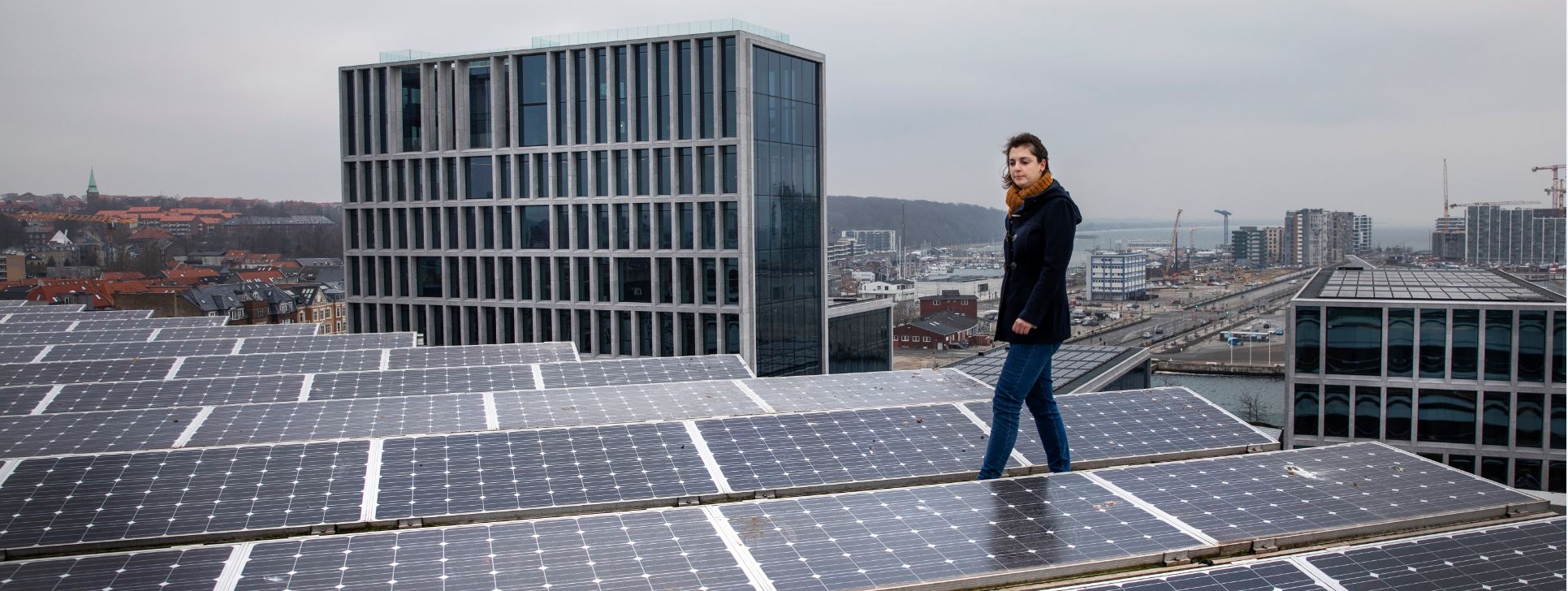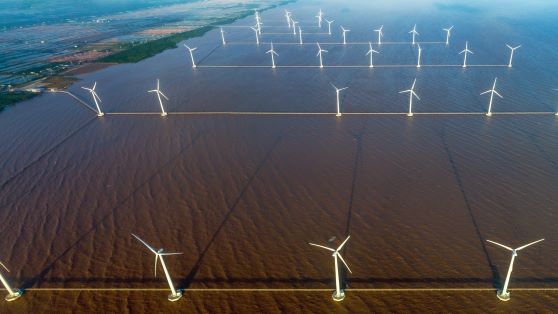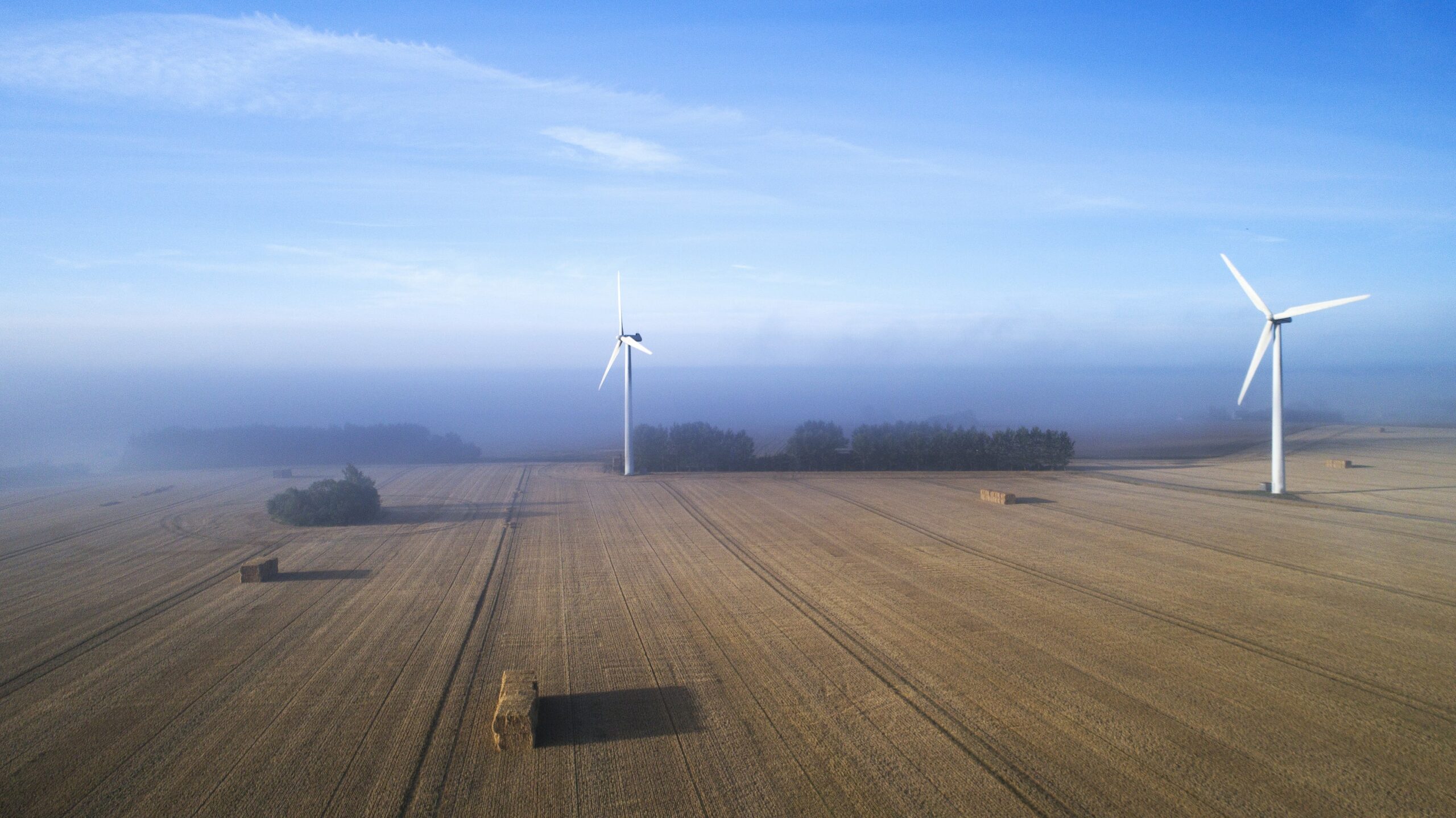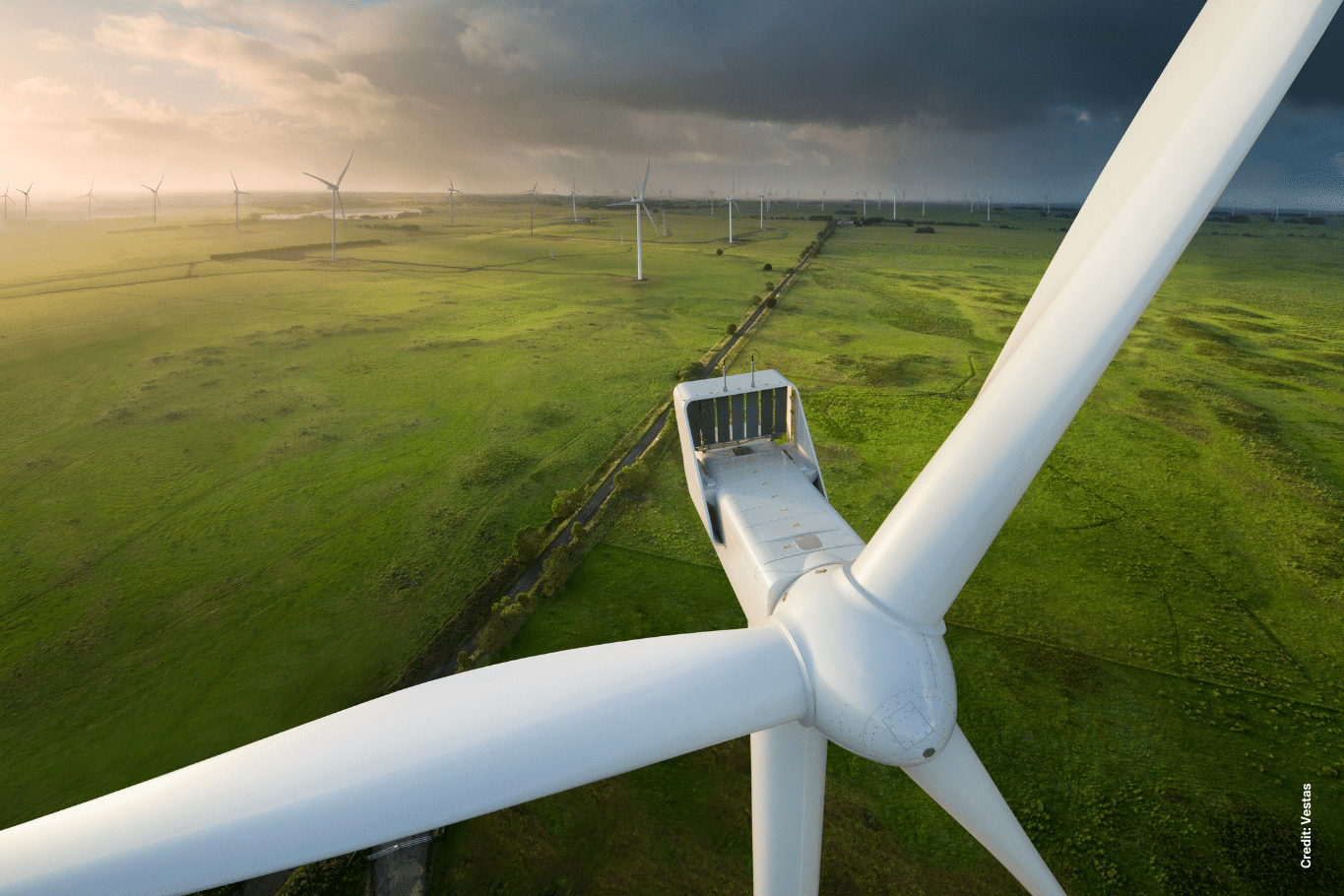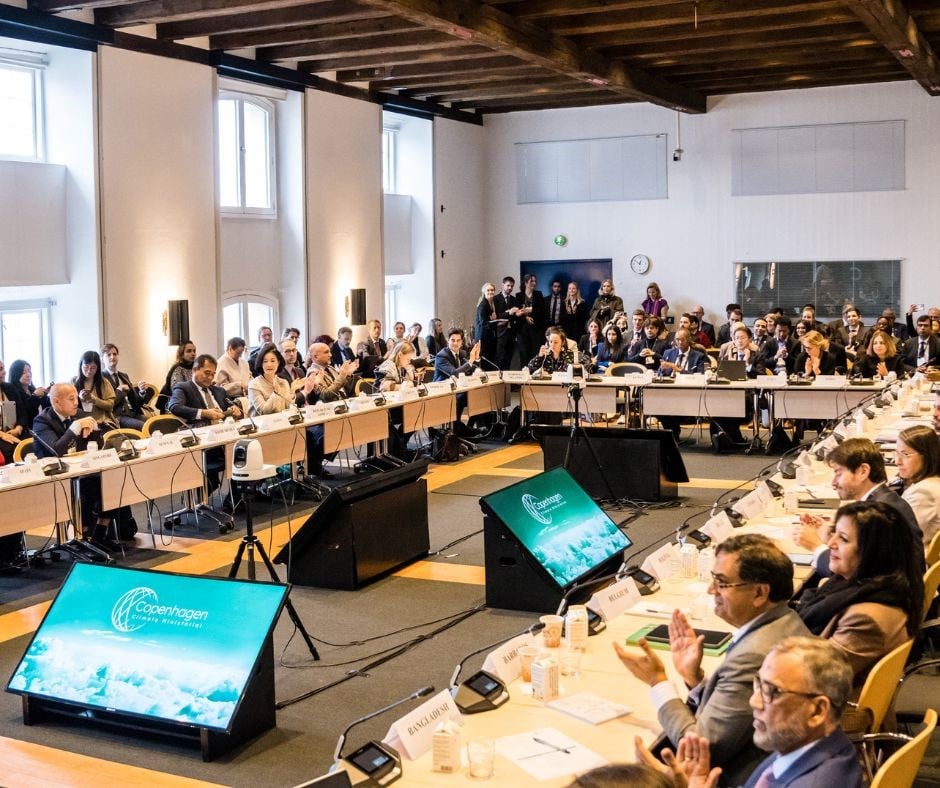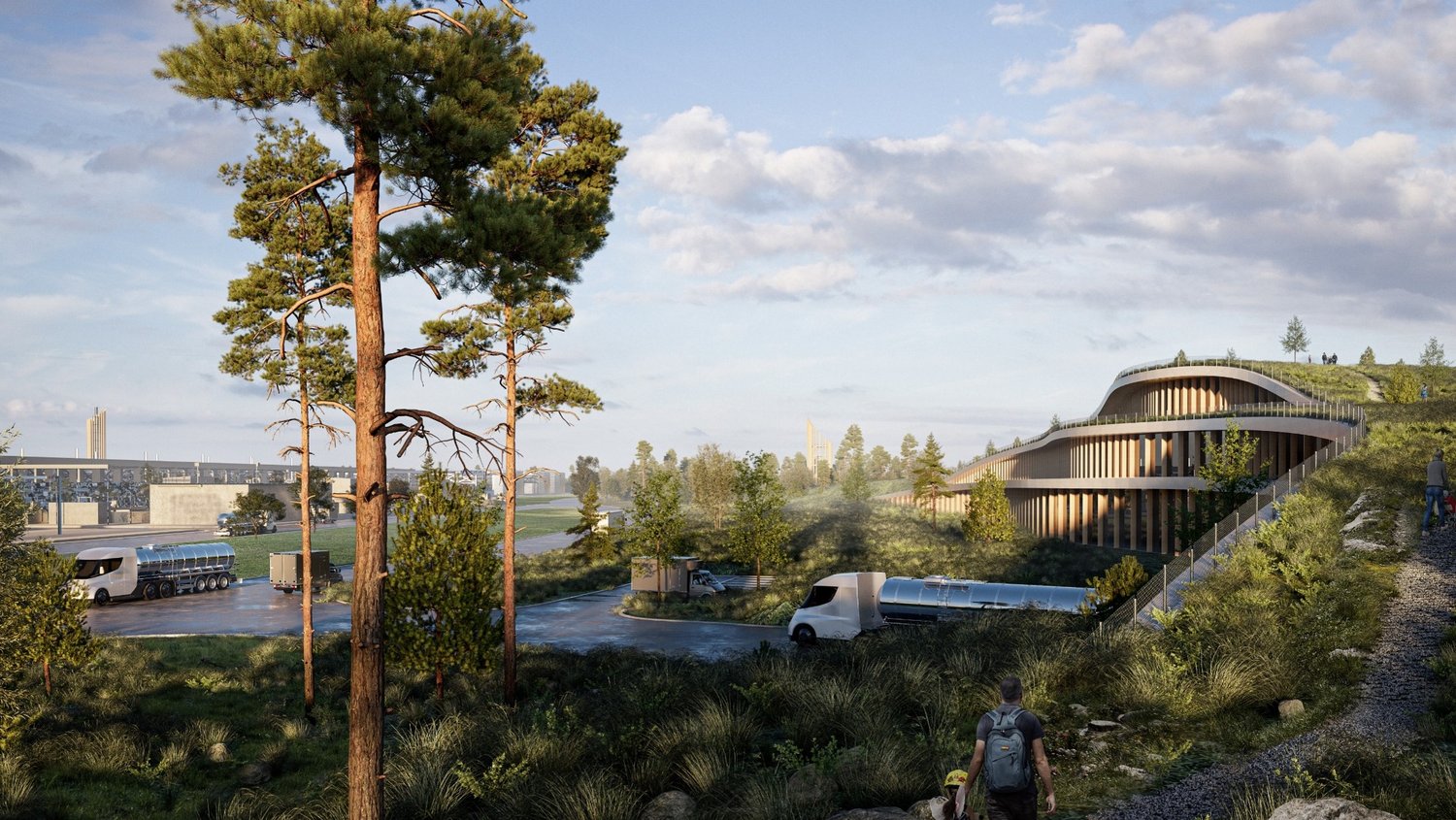News
Solar energy
Soon everyone can trade energy with blockchain


Traditionally, the sale of energy moves in one direction only: consumers pay for the energy the utility companies produce.
But the system is changing, as the growing use of private solar cells and heat pumps is opening up the possibility of a new energy system—one that is decentralised, where everyone can produce and sell energy through a blockchain network.
The prospect of a world where all homes with solar cells and heat pumps are transformed into miniature CHP plants is not that far off.
Five per cent of the world’s energy transactions already take place via a decentralized network where private households with solar cell capability sell electricity to other households. According to the World Energy Council, this figure is expected to rise to 25 per cent before 2025.
- Related news: Aalborg CSP reduces theprice gap between solar heat and fossil fuels
Professor Pierre Pinson from DTU Electrical Engineering conducts research into the energy systems of the future. In his mind, there are two reasons that we are seeing this development right now:
- We are seeing a constant rise in ‘prosumers’—households that both consume and produce energy. At the same time, the spread of the blockchain technology means that we can share energy between them in a smart way.
Danish challenges
In Denmark, the number of active solar cell systems rose from 5,000 at the end of 2011 to approximately 80,000 at the beginning of 2013. Since then, there has been a very slow but steady development towards the 2017 figure of approximately 96,000 active systems, according to data from the Danish Energy Agency.
Professor Pinson believes that this sluggish development may have something to do with the fact that it is not attractive enough to be a solar cell owner—Denmark namely prohibits the sale of energy by private households.
- We have to create more of an incentive for people to invest in solar cells say—e.g. by allowing them to sell the energy they produce, he said, emphasising that a financial incentive for solar cell owners will also benefit the green transition.
While there are still political barriers in Denmark to developing a common energy network, things are moving rapidly ahead elsewhere.
- Related news: EU raises renewable energy goal to 32 percent by 2030
In other countries, blockchain technology is being exploited to create a new way of keeping track of energy transactions—for example, in an electricity market with free competition. So instead of gifting the surplus energy from solar cells to the state, ‘prosumers’ can sell their energy on the electricity grid to the highest supply price.
Powered by new tech companies
A new report on the digitisation of the energy market by the International Energy Agency suggests that investing in energy networks of the future is a good idea:
- Digitisation can make it easier to distribute and store solar energy resources, for example, and sell surplus energy to the electricity grid. New tools like blockchain can help facilitate electricity trade within local energy communities.
The industry, too, believes that changes are inevitable. According to an analysis carried out by the World Energy Council, 14 out of 15 leading energy companies—e.g. Statoil—believe that blockchain technology will disrupt the way energy is sold. Thirteen of the companies believe it will happen within five years.
Source: DTU, by Jeppe Mølgaard Thomsen
